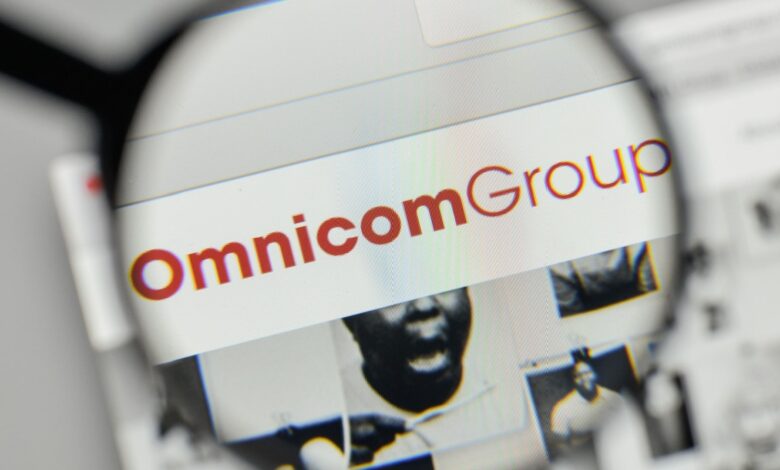Omnicom becomes the world’s largest agency holding company

Through its $13.25 billion acquisition of Interpublic Group, Omnicom overtook WPP to become the world’s largest agency holding company. Omnicom and Interpublic were the third and fourth largest advertising buyers in the world, respectively. The deal is expected to face regulatory review.
Agencies owned by Omnicom include BBDO and TBWA, while Interpublic owns McCann, Weber Shandwick, Mediabrands and others. The other five members of the “big six” with which the new giant will compete are Dentsu, Havas, IPG, Publicis and WPP.
The technological point of view. These holding companies and the agencies they support are battling the challenge presented by new technology companies like Google and Meta, which have become, fundamentally, advertising companies. Currently, Google and Meta offer sophisticated tools for creating advertising content and very popular channels to distribute it.
A clear trend among holding companies is the blurring of lines between agency practices and marketing technology. In particular, they have become big investors in artificial intelligence. Publicis Groupe announced plans in January to move towards an “intelligent system” through a €300 million investment in AI capabilities. Dentsu was an early adopter of Microsoft 365 Copilot. WPP said it would find $317 million to invest annually in the data and technology that underpins its AI strategy. In 2023, Omnicom launched Omni Assist, a genAI solution developed in partnership with Microsoft.
Dig Deeper: How large holding companies manage genAI
Why we care. As Google and Meta look more and more like media companies (pending the fallout from Google’s antitrust loss, of course), the holding companies and their agencies look more and more like Martech. As we’ve been saying for a long time, martech is marketing. And martech also advertises.
The analyst’s point of view. Jay Wilson, vice president analyst in Gartner’s marketing practice, said: “It’s certainly a big deal: Holding companies have been consolidating their agency stables for some time, hoping to provide a more comprehensive solution and streamlined to customers. This goes in the opposite direction, creating a unique, rather complex holding company.
He also speculates that this could be good news for large independent agencies, which could be more attractive to clients than a “mega-agency holding company”.



